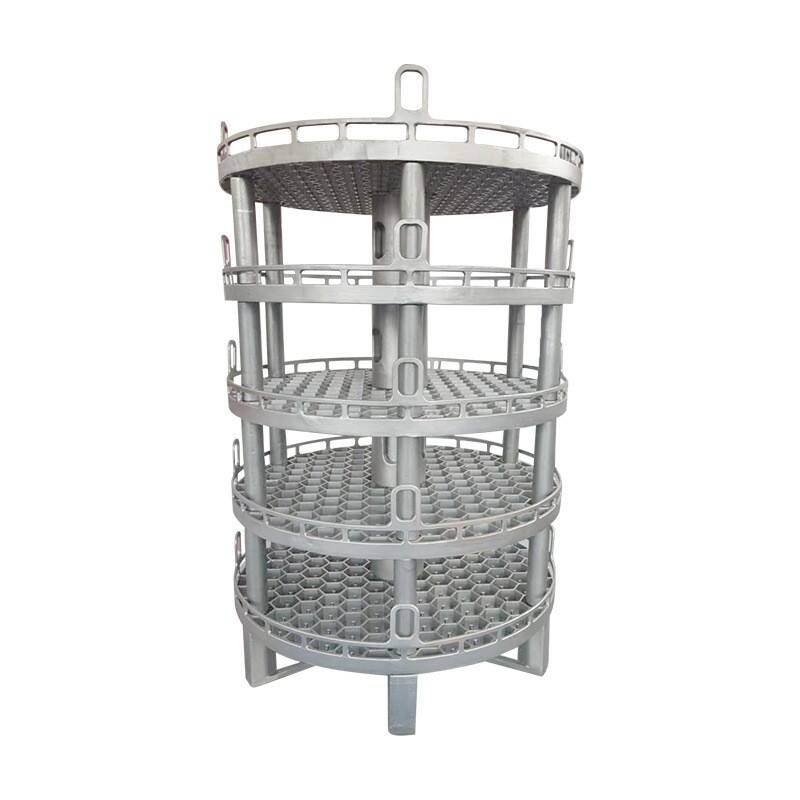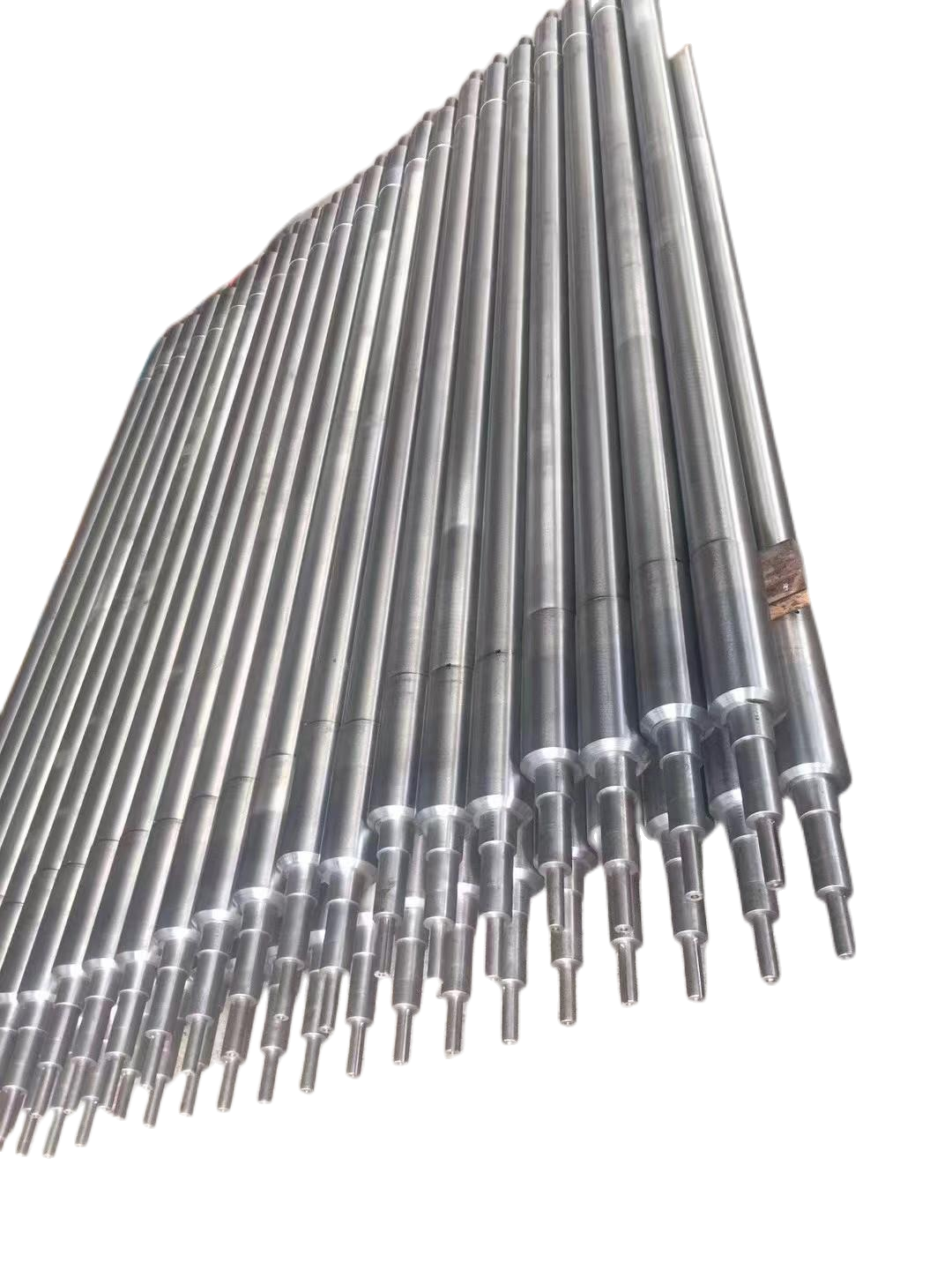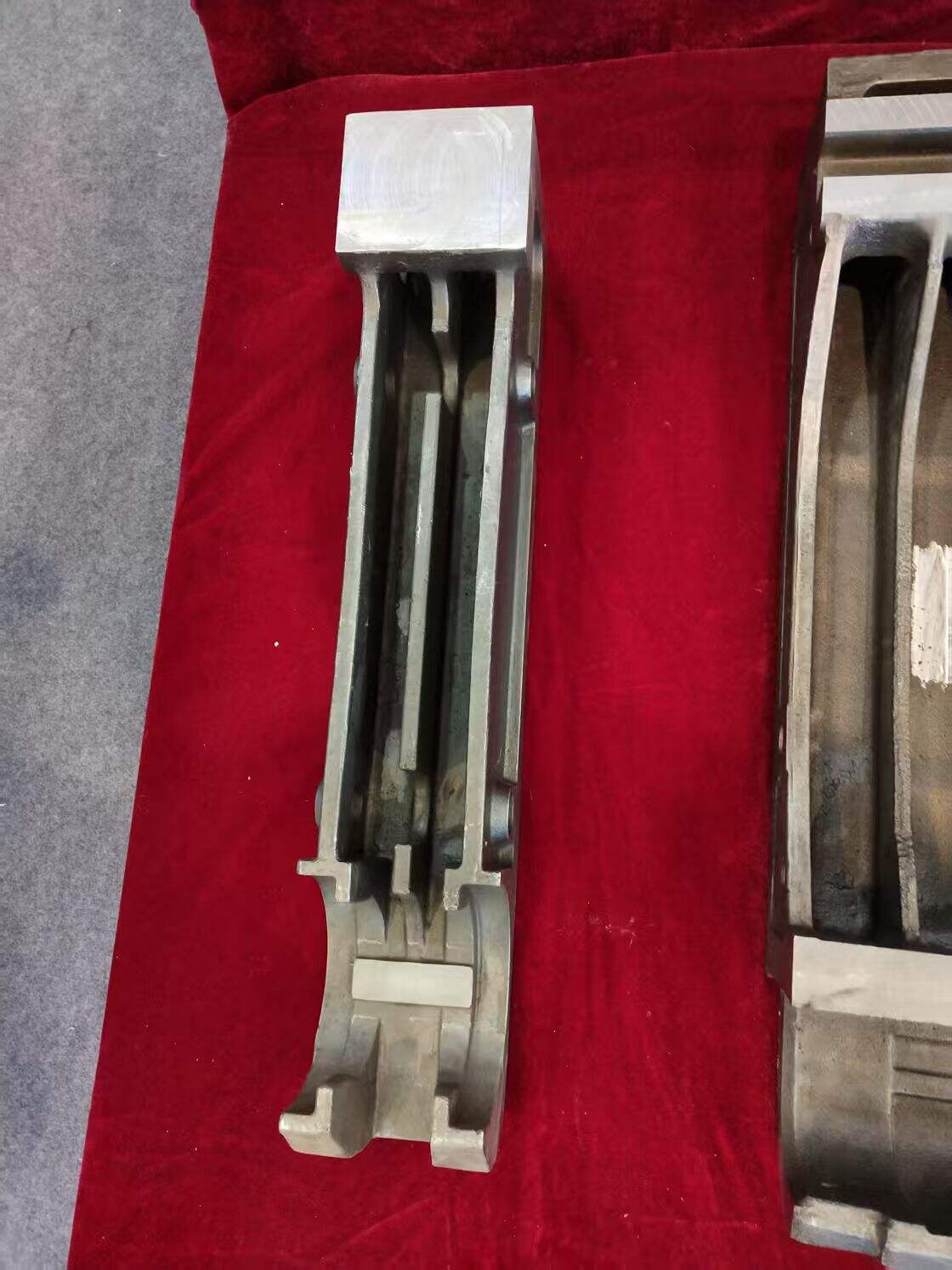precision metal casting
Precision metal casting is an advanced manufacturing process that creates complex metal components with exceptional accuracy and consistency. This sophisticated method involves creating a precise mold based on detailed specifications, then filling it with molten metal under carefully controlled conditions. The process combines traditional casting techniques with modern technology, enabling the production of intricate parts that meet stringent dimensional tolerances and surface finish requirements. The method excels in producing components for various industries, from aerospace and automotive to medical devices and consumer products. Using advanced computer-aided design (CAD) systems and simulation software, manufacturers can optimize the casting process before production begins, ensuring high-quality results. The process accommodates a wide range of metals and alloys, including steel, aluminum, brass, and titanium, making it versatile for different applications. Quality control measures, such as X-ray inspection and dimensional verification, ensure that each cast component meets exact specifications. The ability to produce complex geometries without extensive machining makes precision metal casting particularly valuable for components with intricate internal passages or complicated external features.


